AI vs Human Intelligence: The Road Ahead
AI vs Human Intelligence: The Road Ahead
Introduction – A New Partnership
In 2025, Artificial Intelligence (AI) has reached capabilities once thought impossible — solving complex problems, generating creative works, and learning from vast datasets. Yet, human intelligence remains unmatched in areas like emotional understanding, ethical judgment, and intuition.
The future isn’t about AI replacing humans — it’s about finding the perfect balance between machine efficiency and human insight.
Defining AI and Human Intelligence
Artificial Intelligence (AI)
AI refers to computer systems that can perform tasks requiring human-like intelligence, such as problem-solving, decision-making, and natural language understanding.
Keywords: AI definition, artificial intelligence examples, AI capabilities.
Human Intelligence
Human intelligence combines logical reasoning, creativity, emotional awareness, and the ability to adapt to new and unpredictable situations.
Keywords: human intelligence traits, human cognitive abilities, emotional intelligence.
Strengths of AI Over Human Intelligence
Speed and Efficiency
AI can process vast amounts of data and perform calculations in seconds — tasks that would take humans years.
Accuracy and Consistency
Unlike humans, AI doesn’t suffer from fatigue, distractions, or mood swings, ensuring consistent performance.
Automation of Repetitive Tasks
AI excels at automating repetitive work, freeing humans for strategic and creative thinking.
Keywords: AI advantages, AI automation benefits, AI accuracy.
Strengths of Human Intelligence Over AI
Creativity and Innovation
While AI can generate content, it lacks the emotional depth and lived experiences that fuel human creativity.
Ethical Decision-Making
Humans can weigh moral and cultural factors in decision-making, which AI currently struggles to replicate.
Adaptability
Humans can learn from minimal data, improvise solutions, and navigate ambiguity better than AI.
Keywords: human creativity, human adaptability, ethical thinking.
Limitations of AI
-
Lack of True Understanding: AI operates on patterns, not genuine comprehension.
-
Bias in Training Data: Flawed data can produce biased results.
-
Dependence on Data: AI struggles in situations where little or no data exists.
Keywords: AI limitations, AI bias, AI data dependency.
Limitations of Human Intelligence
-
Processing Speed: Humans cannot match AI’s raw computational speed.
-
Memory Limitations: Human memory is prone to forgetting or distortion.
-
Emotional Bias: Decisions can be influenced by personal feelings or biases.
Keywords: human limitations, decision-making bias, human memory flaws.
The Future of Human-AI Collaboration
Co-Intelligence Systems
By 2030, we will see human-AI hybrid teams where AI handles analysis and humans provide ethical judgment and strategic direction.
Education and Workforce Transformation
Schools and businesses will train individuals to work alongside AI, focusing on creativity, empathy, and leadership.
AI as a Creative Partner
From filmmaking to scientific research, AI will act as a collaborator rather than a competitor.
Keywords: human-AI collaboration, AI in workforce, AI co-intelligence.
Ethical and Societal Considerations
Job Displacement vs Job Creation
While AI automates certain roles, it also creates new opportunities in AI development, maintenance, and oversight.
Trust and Transparency
Future AI systems must explain their decisions to gain public trust.
Global Regulations
International laws will be needed to ensure ethical AI use.
Keywords: AI ethics, AI regulations, AI job impact.
Conclusion
AI and human intelligence are different but complementary. Where AI offers speed and precision, humans bring empathy, creativity, and moral reasoning. The future lies in collaboration, not competition — building a world where both can thrive together.
.png)
Dhisana
Author
Appreciate the small moments in life, because one day, you might look back and see they were actually the most meaningful. Many of life's setbacks come from those who didn’t realize how near they were to success when they gave up.
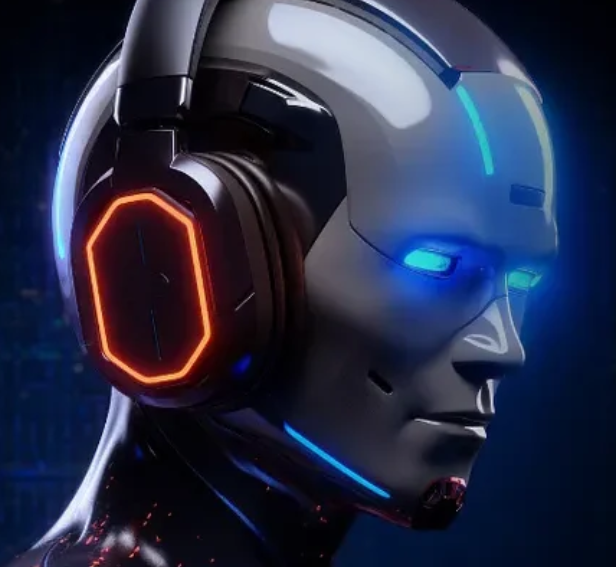
![PMP Exam Questions and Answers [2025]: Practice with Realistic Scenarios and Expert Explanations](https://edutechnolab.com/components/storage/app/public/photos/1/2/PMP P1.png)
![PL-300 Exam Questions and Answers [2025 Edition]](https://edutechnolab.com/components/storage/app/public/photos/1/2/Power P1.png)




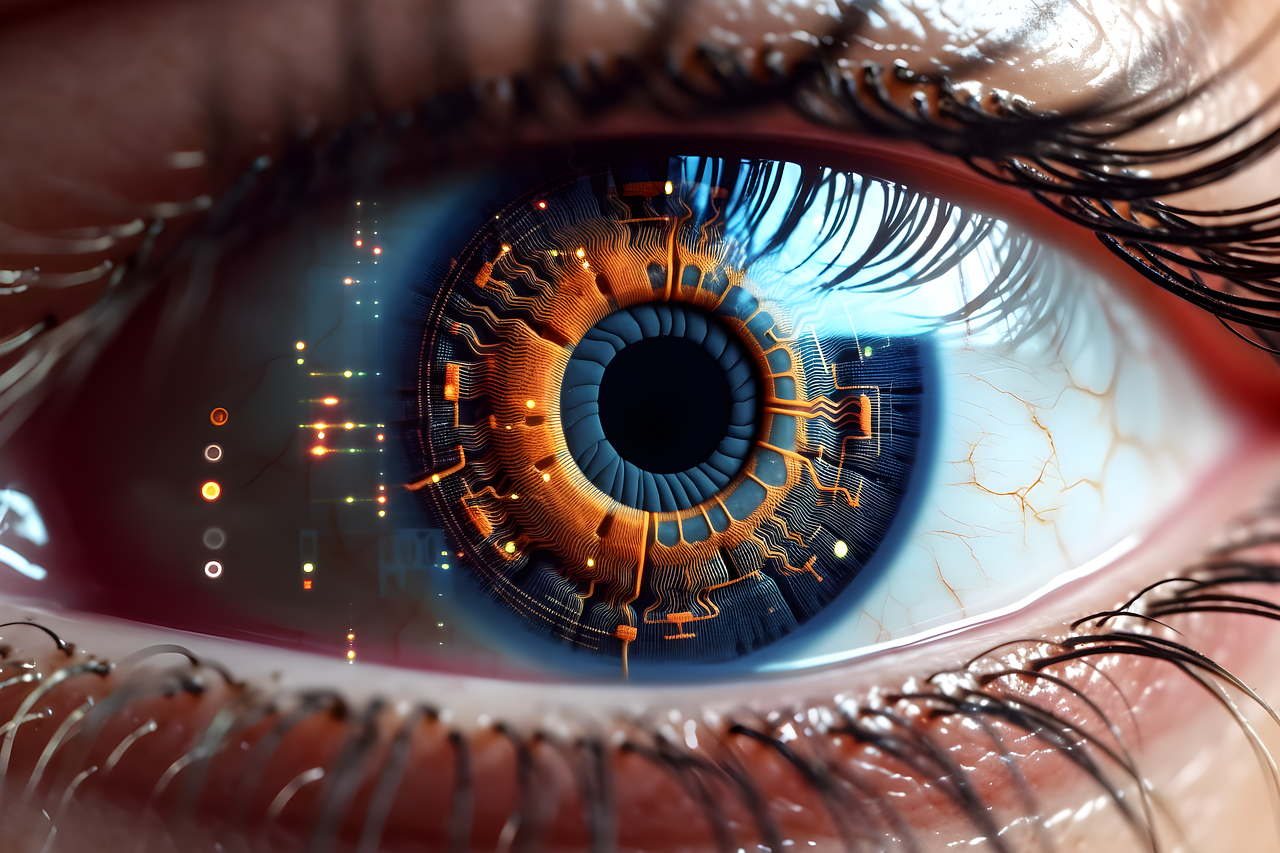




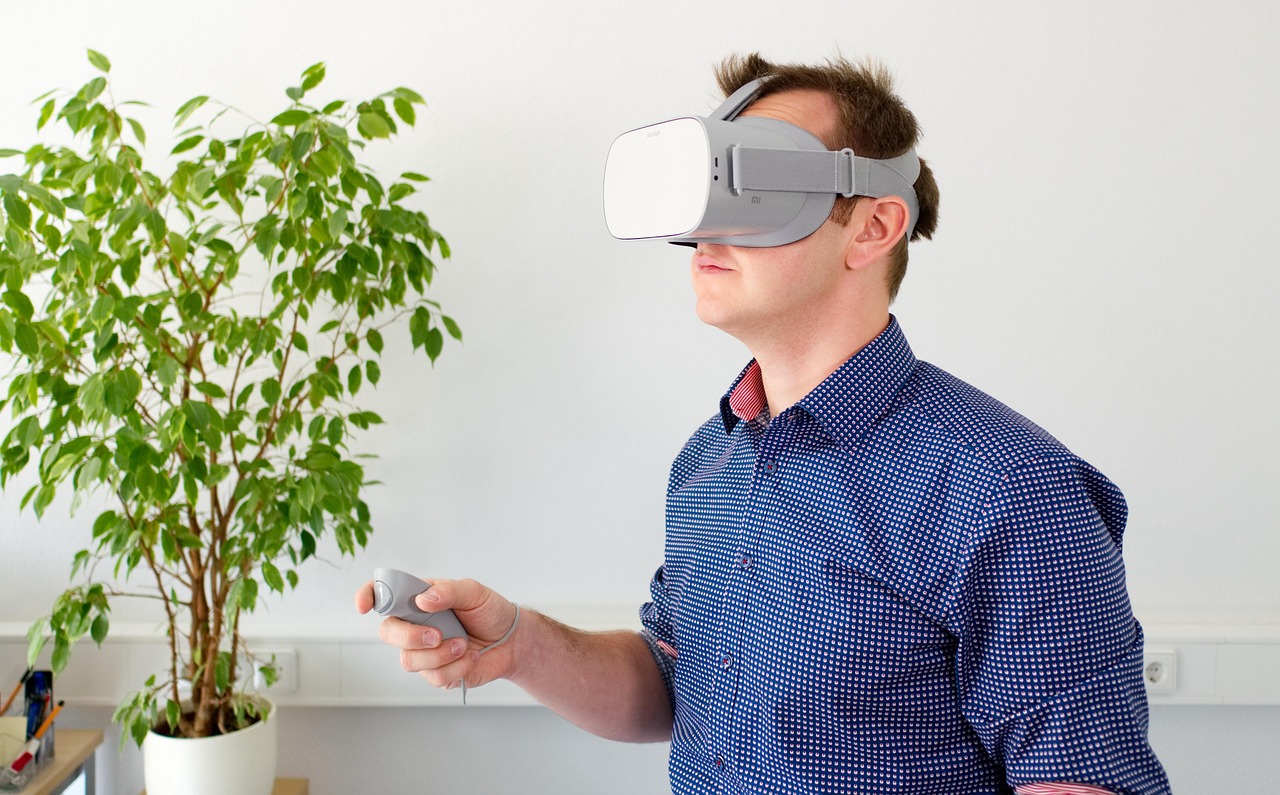
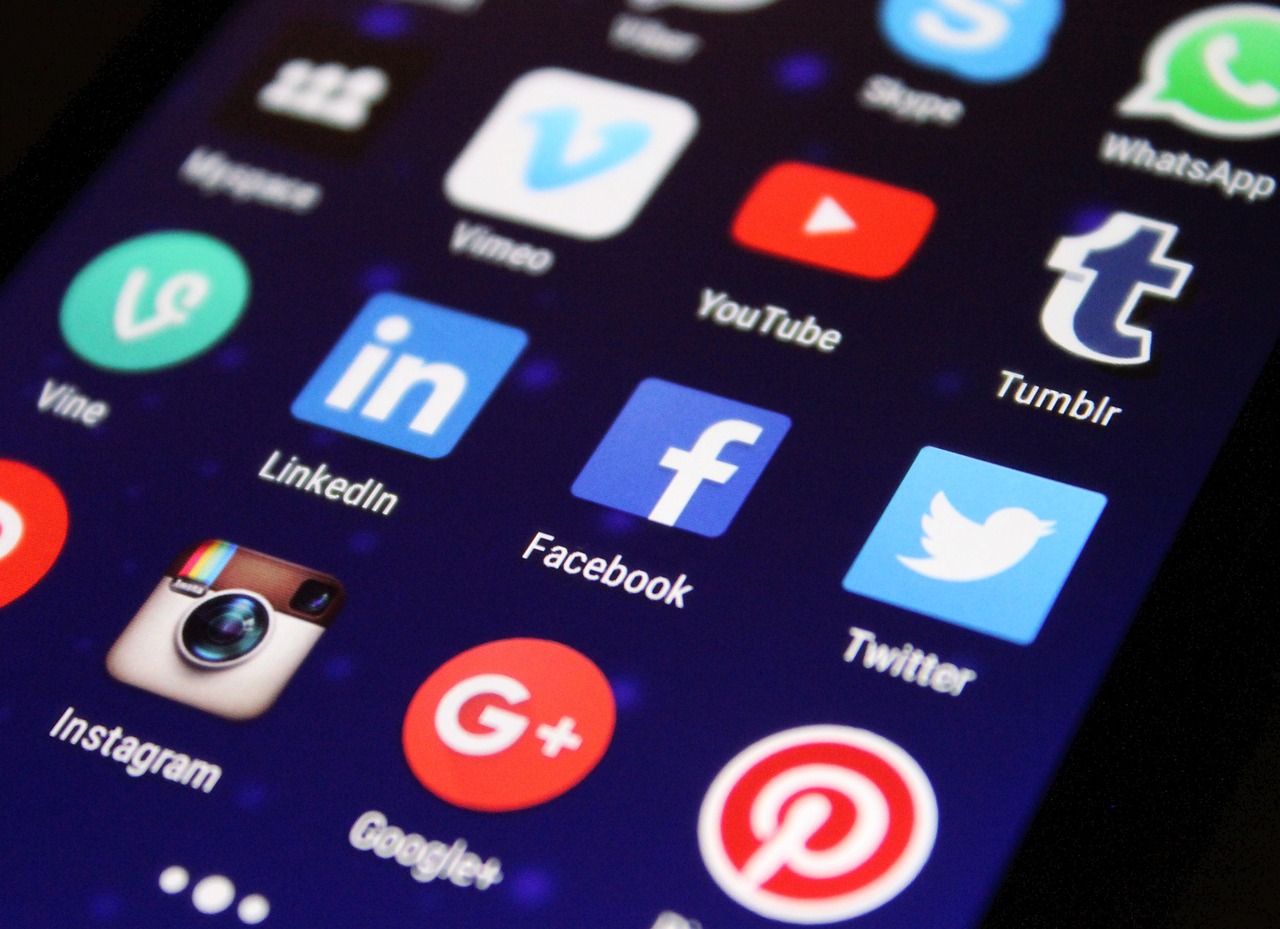
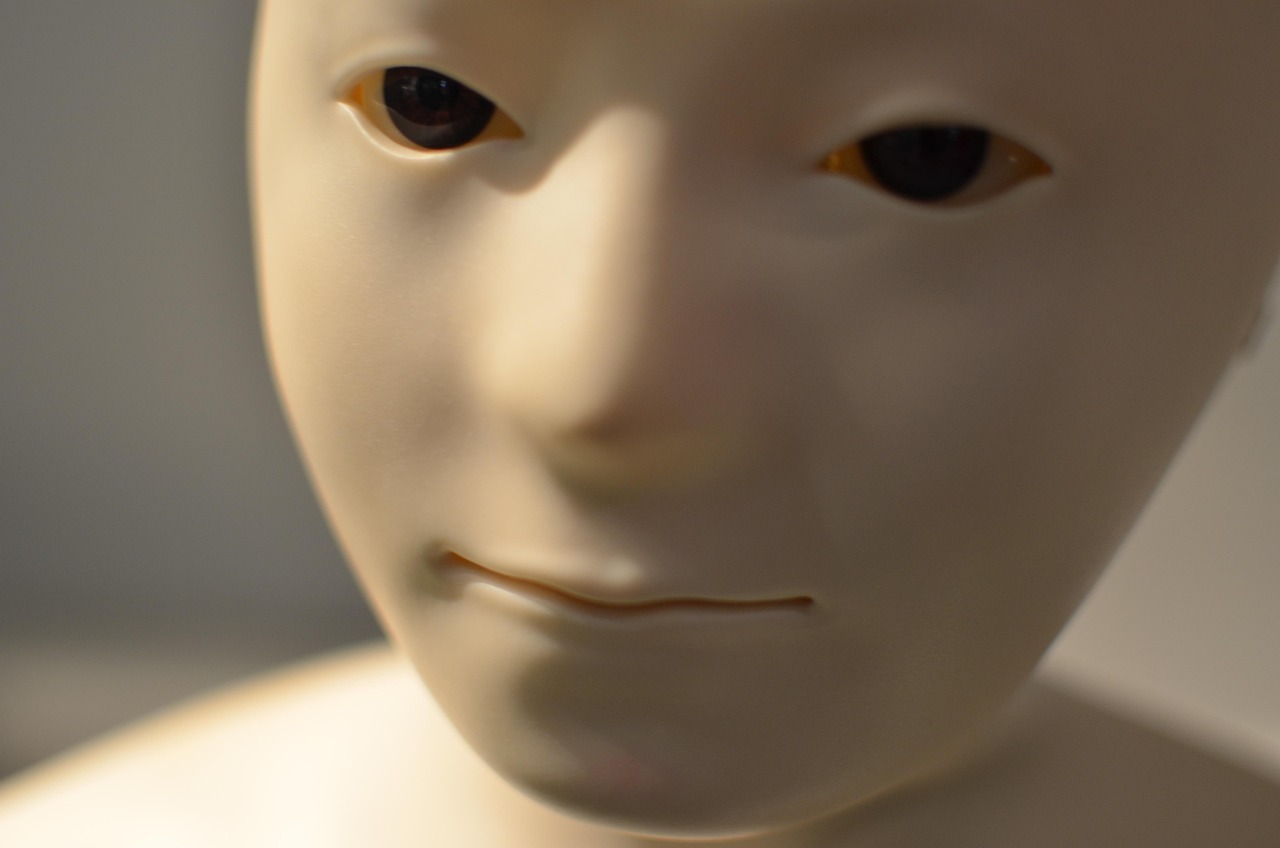


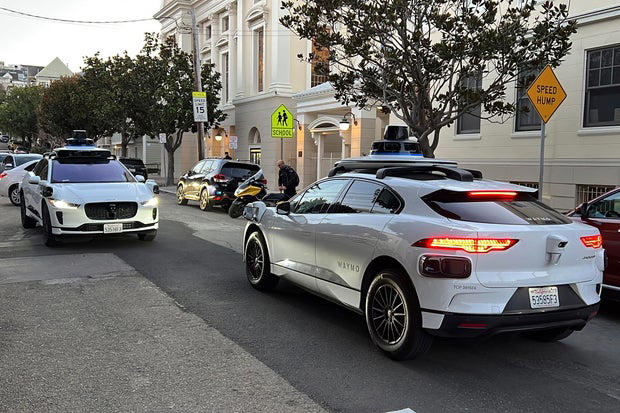



.png)






